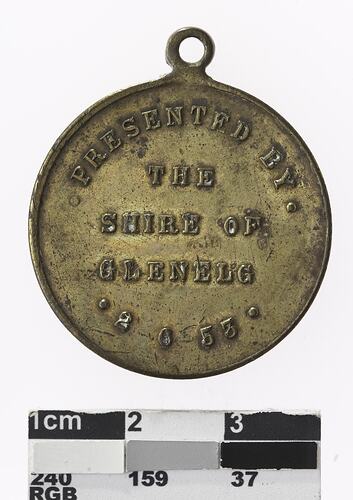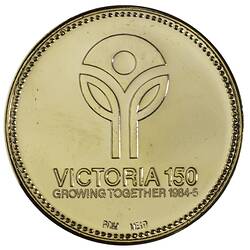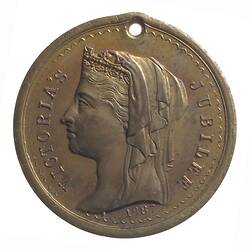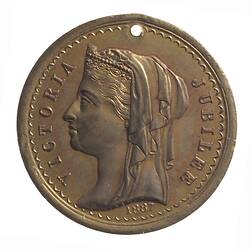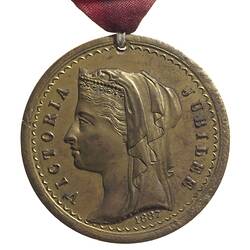Portland is regarded as the birthplace of Victoria. It is here that the Henty brothers, entrepreneur farmers and whalers, established the state's first permanent white settlement in 1834. The Kerryp-Tjmara Aboriginal people had occupied the area around Portland for thousands of years. Lake Condah remains their sacred camping ground. They had an elaborate system of fishing, using canals and traps around the lake, and there is evidence at Lake Condah that they built stone and permanent houses.
In 1800 Lieutenant James Grant made the first chart of the South-western coastline of Victoria. He named Portland Bay after the English Secretary of State, the Duke of Portland. The Frenchman Baudin followed him in 1802. Matthew Flinders provided the first charts suitable for navigation. Sealers and whalers from Van Diemen's Land were among the first whites to visit the area. Captain William Dutton established a shore-based whaling industry in Portland in 1829. Whales were hunted to the brink of extinction and the industry wound up after 1840.
Edward Henty arrived in the Portland district in 1834 and his brothers followed soon after. They explored wide areas inland, establishing large sheep and cattle stations across the region, and were also involved in the whaling industry. Edward Henty built a gracious homestead in 1856.
The township of Portland was surveyed in 1840 and the first land sales held in Melbourne in October of that year. Prices were high for properties at that time, and for a number of years leading up to the Victorian gold rush, Portland vied with Melbourne for the status of major settlement of the southern region. A building boom followed the land sales. During 1840-42 four hotels and four churches were established. The first trading bank appeared in 1846 and the Savings Bank in 1847.
The Shire of Portland was established in 1863. It later became the Town of Portland, then the City of Portland. The fishing industry expanded in Portland after the railway came through in the 1870s. Consignments of fish were sent to inland Victorian towns like Ballarat and Henty. Today Portland supports Victoria's second largest fishing port.
Portland has other claims to fame. In 1902 a Portland local, Vida Goldstein, became the first Australian woman to stand for a seat in Parliament.
The City of Portland was dissolved on 23 September 1994, when Glenelg Shire Council was created from the City of Portland and the Shires of Glenelg and Heywood by Order of the Governor.
In January 1995 the Shire of Kaniva and parts of the Shires of Kowree, Arapiles and Glenelg were amalgamated by the State Government to form West Wimmera Shire Council. The main townships are Edenhope and Kaniva with smaller rural areas including Harrow, Goroke, Serviceton, Dergholm, Apsley just to name a few.
References:
Great Ocean Road home page http://www.greatoceanrd.org.au/portland/history.htm, accessed 30/09/2005.
http://www.portlandnow.net.au/History/portlandhistory.asp, accessed 30/09/2005.
West Wimmera Shire Council: http://www.westwimmera.vic.gov.au/main.cfm?CategoryID=8&contentfile=infopage&topicid=2, accessed 30/09/2005.
More Information
-
Keywords
-
Localities
-
Authors
-
Article types
